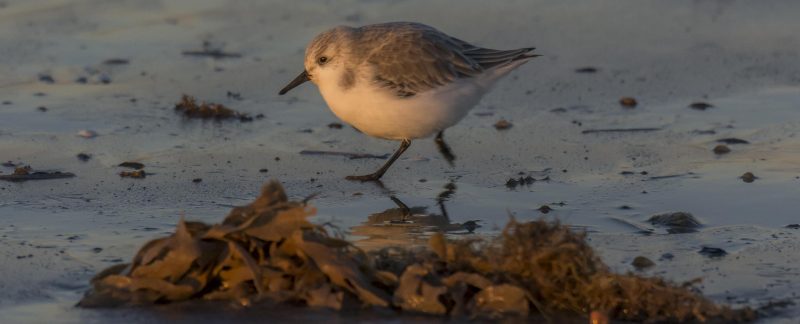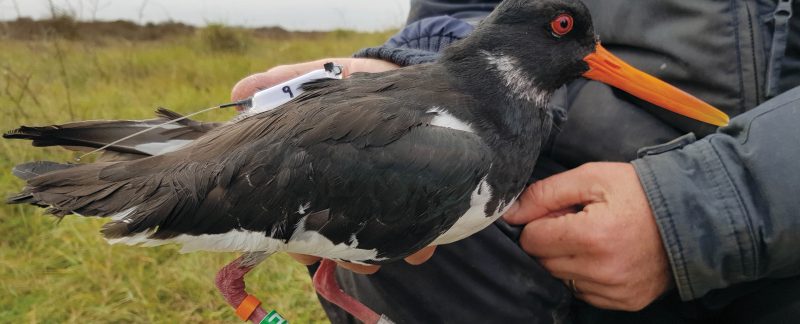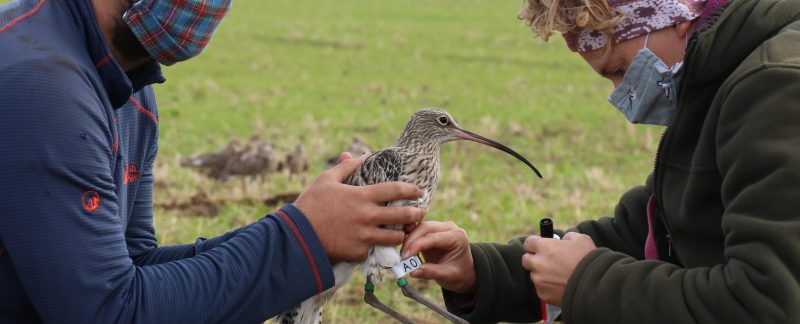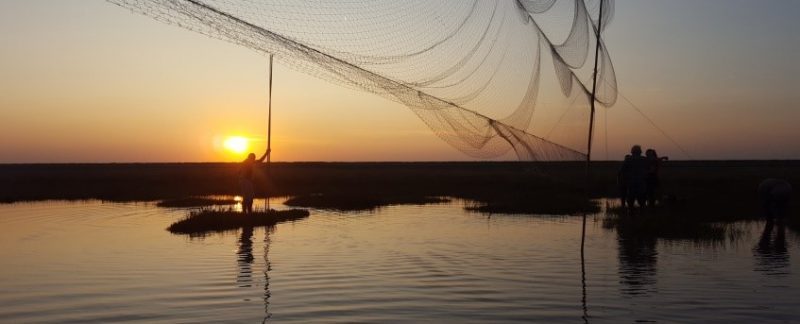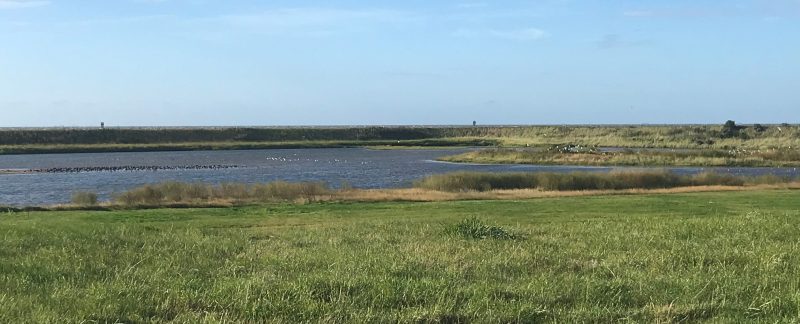Normally when people hear what time we get up to set and man our nets they look rather bemused and think of their warm beds. So it was great to welcome a crew from Autumnwatch, who joined us in during our October 2021 fieldwork to find out about our research on waders using The Wash. The crew came out with us early on a beautiful sunny Saturday morning when our target was Sanderling, one of our 11 study species, which we were able to catch.
Continue Reading →